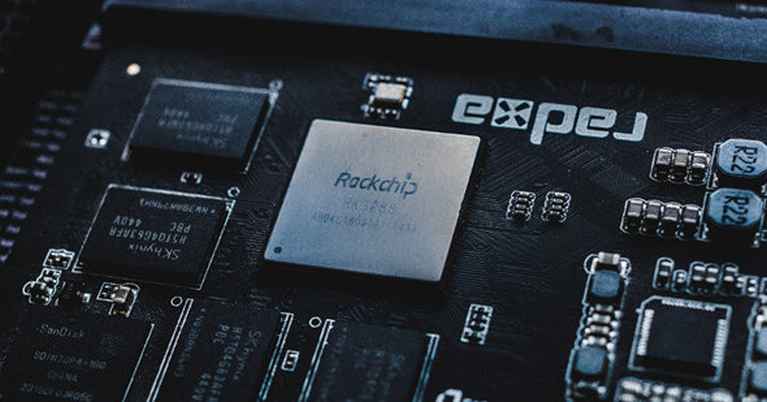KernelCI testing platform becomes part of Linux Foundation project, now supported with funding from Microsoft, Google, Red Hat, Foundries.io, and others

The Linux Foundation, the nonprofit organization enabling mass innovation through open source, today announced that KernelCI testing platform is becoming a Linux Foundation project. The project by Civil Infrastructure Platform, Foundries.io, Google, Microsoft, and Red Hat, which now join early collaborators BayLibre and Collabora to support Linux testing on the largest variety of hardware platforms. With the new level of support from tech heavyweights, KernelCI will now be able to accelerate its work to test Linux on the largest variety of hardware platforms.
Founded in 2000, the Linux Foundation is supported by more than 1,000 members and is the world’s leading home for collaboration on open source software, open standards, open data, and open hardware. Linux Foundation’s projects are critical to the world’s infrastructure including Linux, Kubernetes, Node.js, and more. The Linux Foundation’s methodology focuses on leveraging best practices and addressing the needs of contributors, users and solution providers to create sustainable models for open collaboration.
The Linux kernel is developed by a large, collaborative open source community working together to continuously improve the software. Conversely, Linux kernel testing is often fragmented since it is largely done in private silos with little collaboration on the testing software or methodologies. KernelCI is a community-based open source distributed test automation system focused on upstream kernel development. It was originally started in 2014 as a side project by a few engineers who were doing the testing at home and in their spare time. A variety of hardware labs contributed to the work over time, but until now there was no sustainable structure in place for open governance and contribution, or expanded access for the developers to hardware.
“Testing is traditionally done only on the most common hardware. But because Linux runs on more hardware than any other operating system, it’s important to also test it on all that hardware. The Linux Foundation’s support is enabling us to expand the great work we started five years ago and sets us up for a bright future with a growing community,” said Kevin Hilman, co-founder of embedded Linux consultancy BayLibre and co-founder of the KernelCI project.
“KernelCI represents the passion and diligence we see among developers all over the world. The individuals who have given their nights and weekends to this work deserve our gratitude and support, and we’re excited to be able to host this work at the Linux Foundation,” said Jim Zemlin, executive director at the Linux Foundation.
The primary goal of KernelCI is to use an open testing philosophy to improve the quality, stability and long-term maintenance of the Linux kernel. Expected improvements to the platform under the Linux Foundation include improved LTS kernel testing and validation; consolidation of existing testing initiatives; quality-of-life improvements to the current service; expanded compute resources; and increased pool of hardware to be tested. In the long-term, members expect to modernize the architecture; test software beyond the Linux kernel; and define testing standards and engage in cross-project collaboration.
Commenting on the news, KY Srinivasan, general manager, Azure, said “At Microsoft, we believe in making Linux the best platform it can be for customers.” He also added: “By securing funding and long-term sustainability for the KernelCI Testing platform, we’re collaborating together to harden Linux for the broader Linux community.”
“Red Hat invests in upstream projects like KernelCI to further scale the fundamental open source advantage offered by the ‘Bazaar.’ By facilitating engagement between Linux communities and partners earlier and more frequently, we’re helping to enable rapid innovation while bringing the benefits of open technologies to the enterprise through the thousands of projects that comprise Red Hat Enterprise Linux.”

